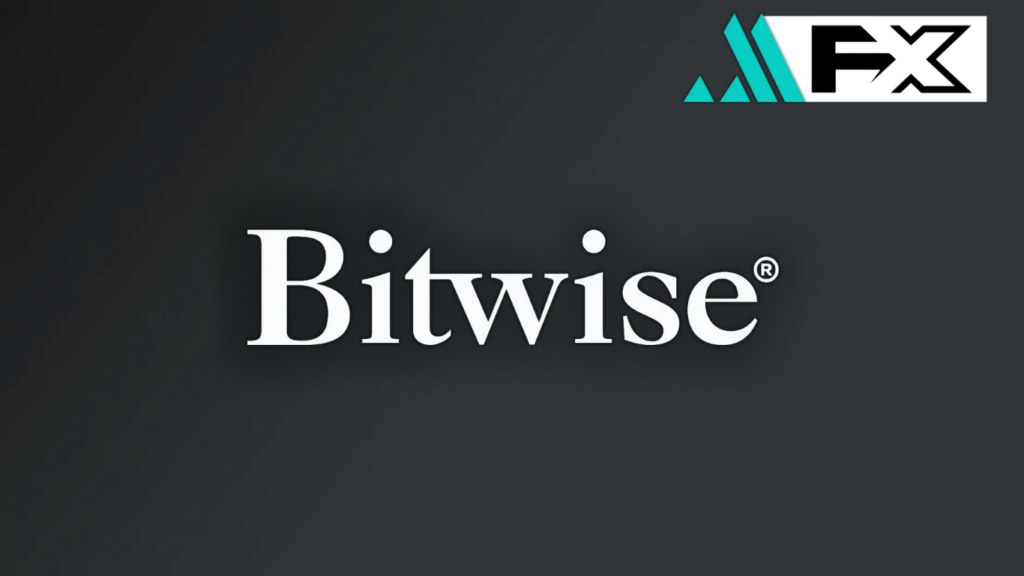Hunter Horsley, the CEO of Bitwise, one of the leading cryptocurrency fund managers, recently discussed the potential of tokenization to transform equity markets. While many have focused on tokenization’s ability to democratize investment access, Horsley argues that the real revolution lies in the supply side, where the technology could significantly streamline how companies go public and issue shares.
Horsley suggests that tokenization’s greatest promise lies in making it easier for companies, especially those generating significant revenue, to tap into public equity markets. While around 4,600 companies in the U.S. currently have access to public equity markets, over 200,000 companies generate more than $10 million in revenue. These companies could be primed for public offerings but face significant barriers in the traditional market structure. Tokenization, according to Horsley, could unlock this untapped potential and drive innovation in equity markets.
The Supply-Side Revolution: Companies Benefit
While the democratization of investment opportunities through tokenization has received much attention, Horsley emphasizes that the real shift will occur on the supply side. Traditional methods of raising capital often create barriers for smaller companies that could benefit from going public but are discouraged by the complexity and costs of the process. Tokenization, by digitizing equity, could simplify these procedures and lower the entry barriers, allowing more companies to issue shares and access a broader pool of investors.
By lowering these barriers, tokenization could reshape the dynamics of public offerings, potentially enabling companies to raise capital more efficiently and cost-effectively than ever before. Horsley draws parallels between this potential shift and the way platforms like Airbnb, Uber, and YouTube disrupted their respective industries by democratizing access to services previously reserved for the elite.
Real-World Impact of Tokenization on Equity Markets
Horsley’s vision of tokenization goes beyond just expanding access for investors. By improving how companies interact with equity markets, tokenization could drastically change the landscape of public companies. It would enable more companies to go public earlier in their growth, expanding access to capital and potentially driving innovation across various industries.
The broader implications of this revolution are significant. Companies could benefit from reduced regulatory complexity, lower costs associated with public offerings, and access to global capital markets. Investors, in turn, could gain access to a more diverse range of investment opportunities, helping to drive growth in a wider variety of sectors.
Key Insights:
- Tokenization could transform the supply side of equity markets by easing the process for companies to go public.
- More than 200,000 U.S. companies with over $10M in revenue could potentially enter public markets if tokenization were used.
- Tokenization could lower barriers, similar to the way Airbnb and Uber democratized their respective markets.


